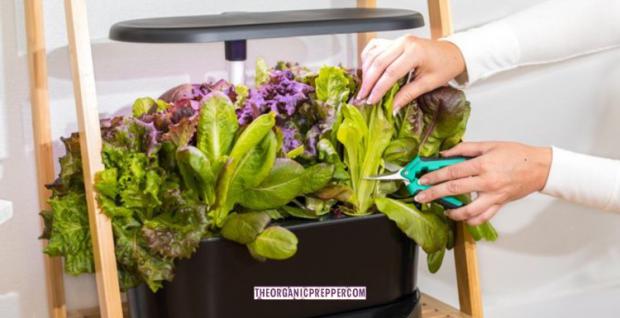
Breaking News
 Jeffrey Epstein victim 'had baby fathered by the paedophile snatched away ten minutes after birt
Jeffrey Epstein victim 'had baby fathered by the paedophile snatched away ten minutes after birt
 Revolving Green Door: Former Biden Officials Landed Jobs With Environmental NGOs...
Revolving Green Door: Former Biden Officials Landed Jobs With Environmental NGOs...
 Watch: Russian Soldiers Surrender To Gun-Wielding Robot; Humanoid Warfare Nears
Watch: Russian Soldiers Surrender To Gun-Wielding Robot; Humanoid Warfare Nears
 America At 250: The Words That Helped Ignite A Revolution
America At 250: The Words That Helped Ignite A Revolution
Top Tech News
 How underwater 3D printing could soon transform maritime construction
How underwater 3D printing could soon transform maritime construction
 Smart soldering iron packs a camera to show you what you're doing
Smart soldering iron packs a camera to show you what you're doing
 Look, no hands: Flying umbrella follows user through the rain
Look, no hands: Flying umbrella follows user through the rain
 Critical Linux Warning: 800,000 Devices Are EXPOSED
Critical Linux Warning: 800,000 Devices Are EXPOSED
 'Brave New World': IVF Company's Eugenics Tool Lets Couples Pick 'Best' Baby, Di
'Brave New World': IVF Company's Eugenics Tool Lets Couples Pick 'Best' Baby, Di
 The smartphone just fired a warning shot at the camera industry.
The smartphone just fired a warning shot at the camera industry.
 A revolutionary breakthrough in dental science is changing how we fight tooth decay
A revolutionary breakthrough in dental science is changing how we fight tooth decay
 Docan Energy "Panda": 32kWh for $2,530!
Docan Energy "Panda": 32kWh for $2,530!
 Rugged phone with multi-day battery life doubles as a 1080p projector
Rugged phone with multi-day battery life doubles as a 1080p projector
 4 Sisters Invent Electric Tractor with Mom and Dad and it's Selling in 5 Countries
4 Sisters Invent Electric Tractor with Mom and Dad and it's Selling in 5 Countries
Can Tabletop Hydroponics Keep You Fed?

So you're looking for ways to boost food production and willing to consider some creative alternatives? That's a good thing! By branching out into previously unexplored territory, you expand both your mind and your options. Skill development can only help, especially in uncertain times. In this article, I'll discuss tabletop hydroponics, an option workable in spaces big and small that doesn't cost a ton of money.
So what is hydroponics?
Generally, it's growing plants in water rather than soil. The plants are placed in a basket of some kind, often containing a sphagnum moss sponge or coco coir, and inserted into nutrient-enriched water.
While hydroponics requires power (for the lights), it does have many benefits. You can maximize your space as tabletop units can turn an otherwise unproductive area of your living space into food production. Labor is much less, as you don't have to weed or mulch, among other things. Your supply chain is local, therefore more predictable, and if you're growing your own food, you know it wasn't sprayed with God-knows-what for the trip! Hydroponic units actually use less water than growing in soil, and you don't have to deal with weather or pest problems. So what's not to love?
A tabletop unit can be well suited for growing greens, herbs, and micro-tomatoes. While such a unit can't produce 100% of your calorie needs, it can certainly add a layer to your food plan and contribute to your medicinal herb garden as well.



